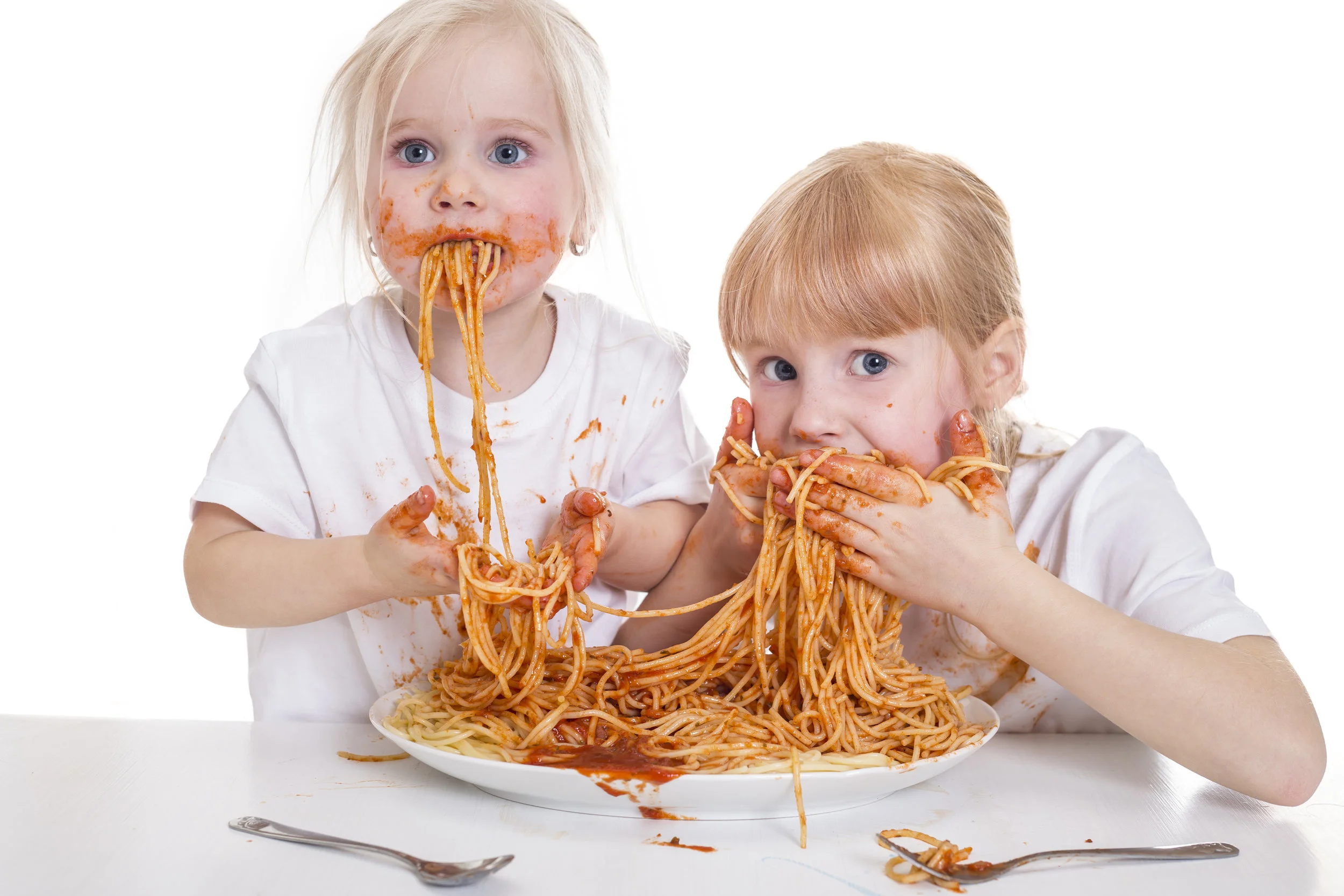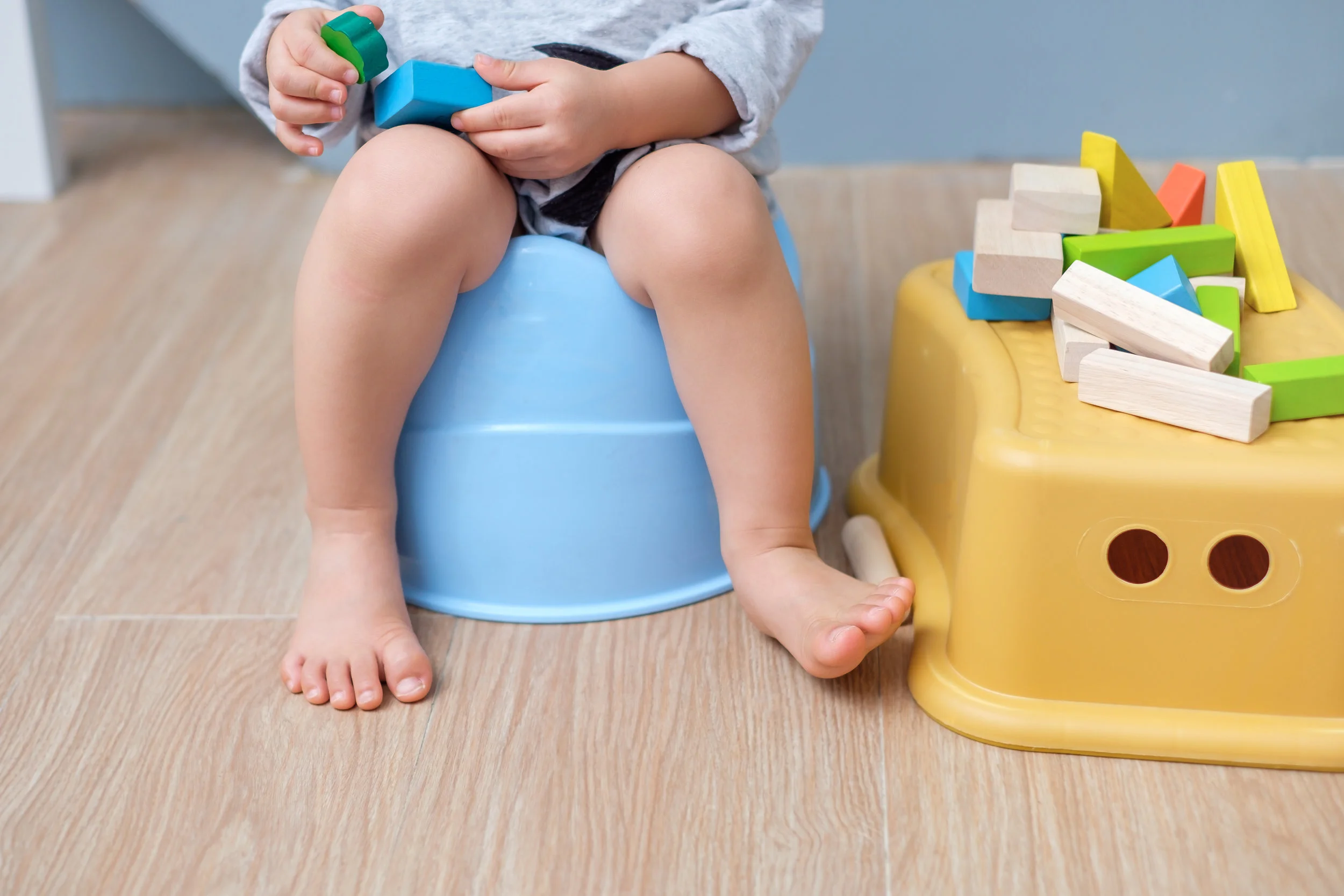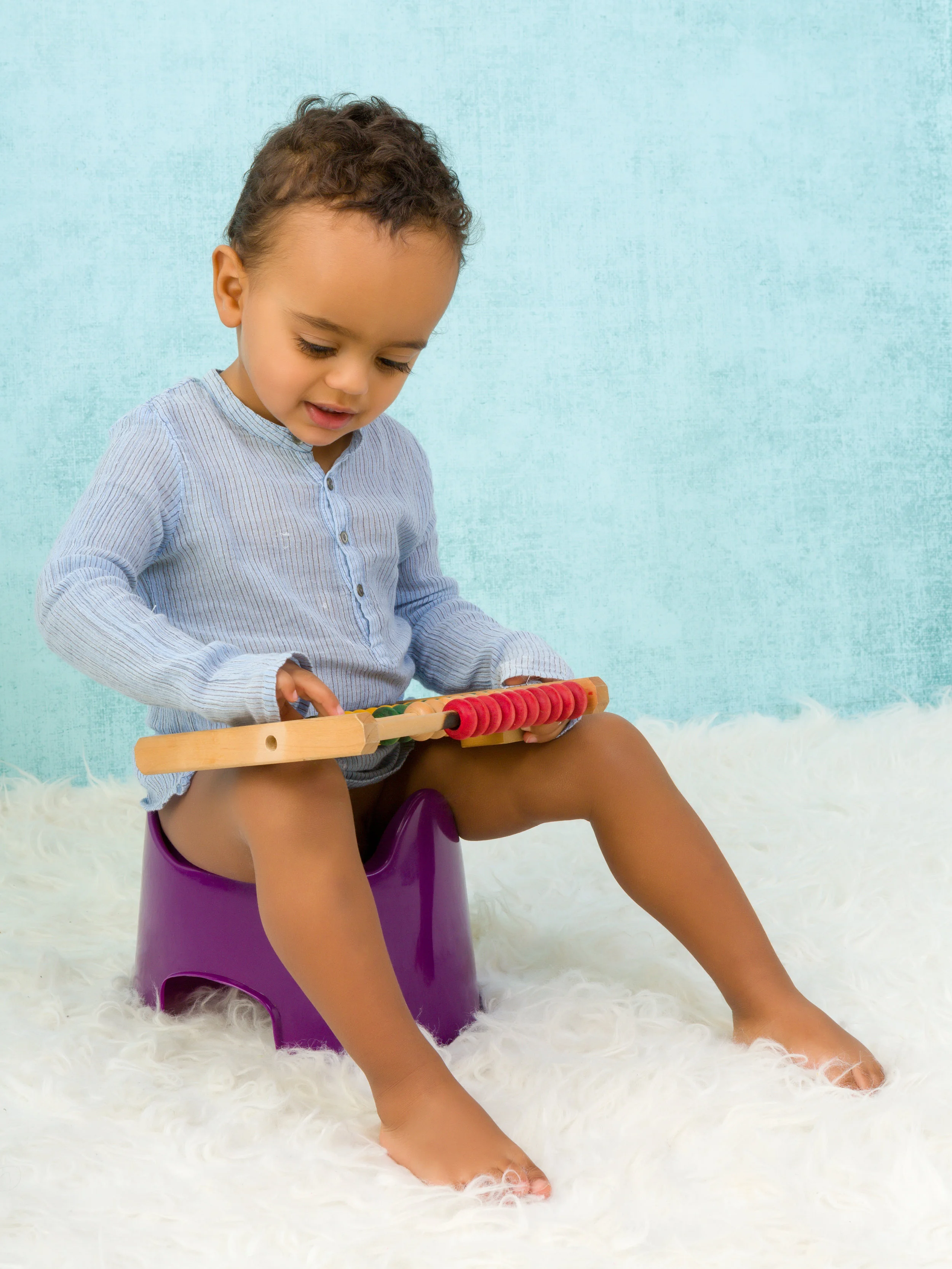My child has autism. Now, what do I do? This is one of the most common questions parents of children with autism ask themselves. This is also a question we hear all the time. Searching for and finding a service provider qualified to provide Applied Behavior Analysis (ABA) services can be an intimidating task.
After an initial autism diagnosis it is typical for families to feel fear, anger, denial, sadness, and a mix of other emotions. It is also common to feel intimidated and unsure of what your next steps are in the process. The importance of having an honest and informed relationship with your healthcare providers, services providers, and other members of the individual's team is pertinent in the treatment process.
Read MoreIt is important to understand how a diagnosis is obtained and what tests are used to screen for and confirm an autism diagnosis. The individual’s behavior and developmental milestones are evaluated to help make a diagnosis.
Read MoreCommon questions and answers about how to get your toddler to try new foods.
Read MoreSiblings often like to copy their brothers and sisters, and picky eating is probably not something you want them to pick up on. So, how do you prevent eating problems from starting in the first place?
Read MoreHave you heard that you should never reward your child for eating? Were you told that rewarding your child will reduce his or her motivation to eat? Let’s take a look at some of these common myths, and figure out the truth.
Read MoreThe last thing you want to do is put a ton of time and effort into an intervention, and then not get to reap the rewards of cooking a single meal at dinnertime.
Read MoreStarting a feeding intervention with your child is hard work. These 6 tips will help keep those eating problems from resurfacing.
Read MoreWhat exactly is your child's eating problem? Here are some questions to ask yourself:
Read MoreBefore getting started with a feeding intervention, it's important to determine if your child has any medical or behavioral problems or concerns that could be contributing to his or her eating problems.
Read MoreDo something now! Here are a few reasons why starting now is a good idea.
Read MoreDoes your child have one of these common eating problems?
Read MoreAre you concerned that your child has a feeding problem? Has your child's lack of eating a well-balanced diet or appropriate amount of food affected your family?
Read MoreIf you're concerned that your child has a feeding problem, consider these guidelines.
Read MoreOver the past few weeks, you've determined that your child is ready for potty training, prepared, and planned. And now the big day is here! Welcome to Stage 4 of Potty Training: It's Go Time!
Read More5 Essential Planning Steps
Read MoreIs your child ready for potty training? Make sure you prepare.
Read MoreFind out if your child is ready.
Read MoreFrustrated that your toddler or preschooler whines and cries more than he talks? Here are some more tips to help your child learn to communicate more effectively (and appropriately), and to help you save your sanity.
Read MoreBehavior intervention plans do not work as well when children are sick.
Read More



















